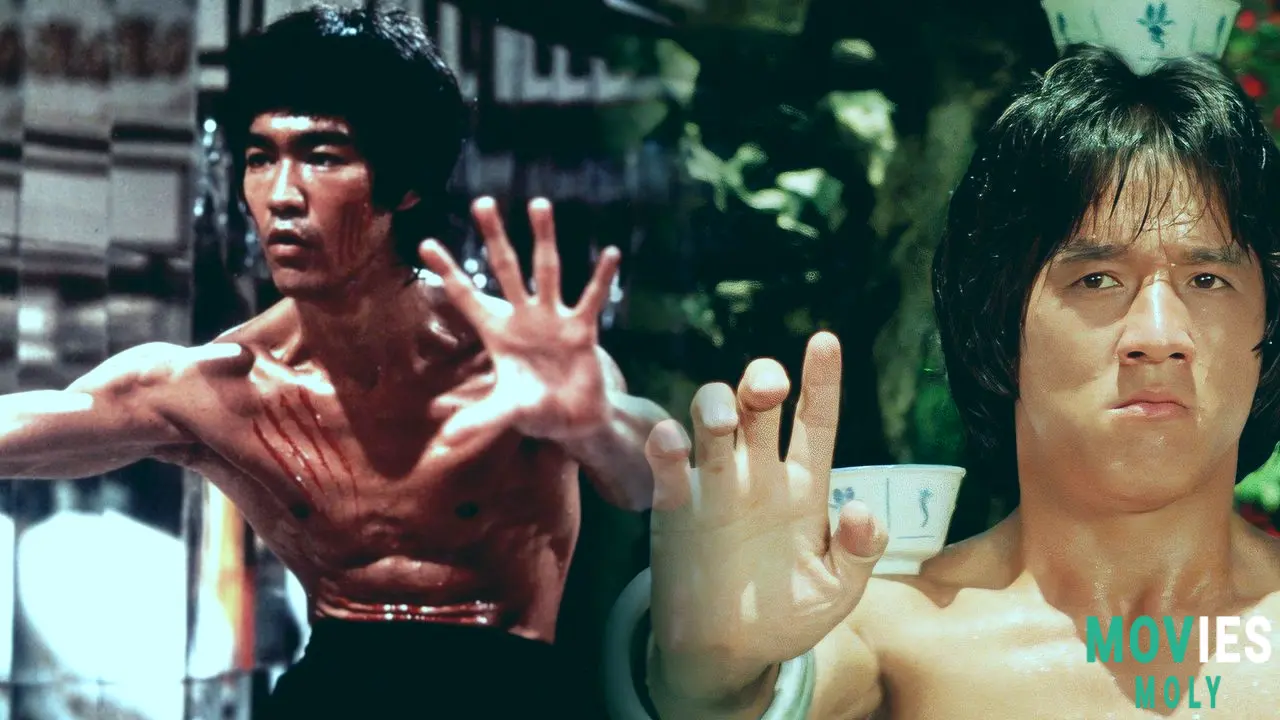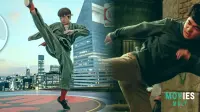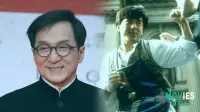If you enjoy traditional martial arts flicks, you may be interested in some huge news from the 27th Shanghai International Film Festival. Consider watching Bruce Lee or Jackie Chan on screen again in films that look and sound better than before. The China Film Foundation and its partners have launched two significant initiatives. These ideas call for the use of artificial intelligence to revive 100 vintage kung fu movies. They also unveiled a completely new animated film, "A Better Tomorrow: Cyber Border," which they claim is the world's first animated film created entirely by AI. It is a significant step forward in terms of filmmaking and the ability to re-watch older films.
The restoration initiative aims to improve the image, sound, and overall quality of 100 key kung fu films. They intend to use AI to accomplish this while maintaining the original stories and atmosphere of the flicks. The organizers defined it as a long-term commitment to reviving the cultural and film history of Chinese martial arts Movies. This sounds like an excellent method to ensure that these films be enjoyed by future generations.
Zhang Qilin, chairman of the China Film Foundation, stated that these films, "from Bruce Lee to Jackie Chan, from 'Crouching Tiger, Hidden Dragon' to 'Wolf Warrior,' have shown the world the vitality and spirit of the Chinese people." They are our cinematic calling cards in the world." This demonstrates how important these movies are to Chinese culture. There is clearly a tremendous desire to preserve them. Films slated for AI restoration include "Fist of Fury," "The Big Boss," "Once Upon a Time in China," and "Drunken Master."
A Hundred Classic Kung Fu Films Are Receiving A Digital Rebirth Through Artificial IntelligenceUsing cutting-edge technology to revitalize martial arts history
Canxing Media's chair, Tian Ming, said that ten of the 100 films will be worked on first. There is a large sum of money set aside to make this happen, perhaps $13.9 million. Tian Ming shared his thoughts about the project. He concluded: "AI is the brush, but creativity is the soul." He also claimed that vintage kung fu flicks capture China's strong spirit. He stated that they are looking for partners from all across the world to join this cultural and technological fresh start. This sounds like a massive collaborative effort to modernize these cherished pictures.
The goal is not just to improve the appearance of the films, but also to ensure that they can be enjoyed by modern audiences. This could include removing scratches, enhancing colors, and making the sound clearer. This type of digital cleanup can make a significant difference in the quality of vintage films that have degenerated over time. It helps new viewers understand why these films were so wonderful in the first place. This gives the films a new flavor while retaining its significance.
We often consider how technology influences new films. But this effort also demonstrates how technology may help preserve and rejuvenate older films. It is a means to ensure that the efforts of these well-known martial artists and filmmakers continue to reach people. It also allows younger audiences to connect with film history. The money set aside indicates a genuine attempt, which is great news for lovers of these films.
Prepare for a new type of animated film: the world's first movie made entirely by artificial intelligence.
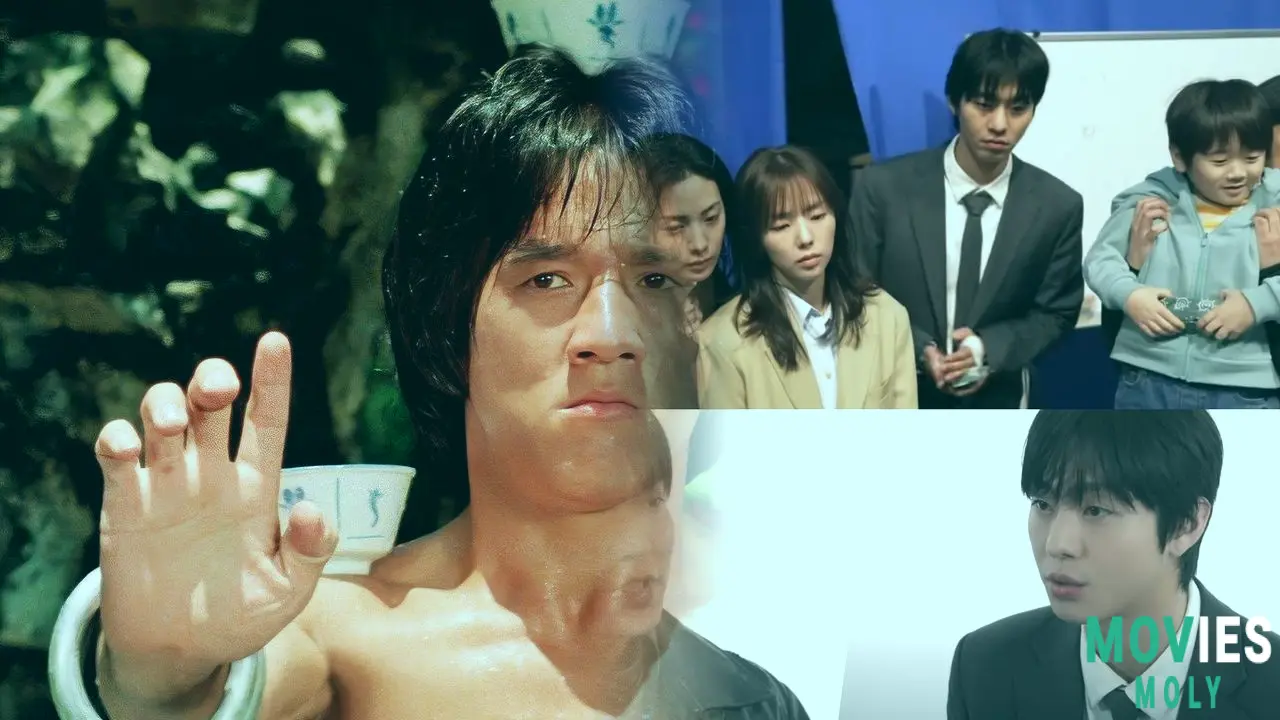
How "A Better Tomorrow: Cyber Border" Was Developed with Minimal Human Effort
"A Better Tomorrow: Cyber Border" was shown for the first time at the event. This is a fresh spin on John Woo's iconic crime picture. It resembles a futuristic version. This animated film was created with an AI system that covered everything. This comprises authoring the script, creating the models, animating, and preparing the final visuals. It is a huge claim to make that it is the "world's first fully AI-produced animated feature film."
According to producer Zhang Qing, only 30 people worked on the entire animated movie. This is a small team for a feature-length film. He stated that AI has reduced the hurdles to developing fresh ideas and putting them into action. He also stated that the time it takes to create a film has reduced from years to months. This could affect how movies are made in the future. If films can be made as rapidly and with fewer people, it might open up a lot of new storytelling opportunities.
The film "Cyber Border" aims to demonstrate what is possible in Chinese storytelling. It combines martial arts, futuristic design, and innovative production techniques. Zhang also encouraged Chinese creators to abandon outdated methods of doing things. He wants them to develop their innovative concepts into worldwide popular fighting games. He requested an answer: "Why are the world's biggest fighting games not Chinese, when they all borrow Chinese moves?" He feels that China should create the next Street Fighter using its own ideas, such as Wong Fei-hung and Nezha. This demonstrates a willingness to lead in a variety of sorts of entertainment.
China's entertainment industry is embracing AI with strong support.
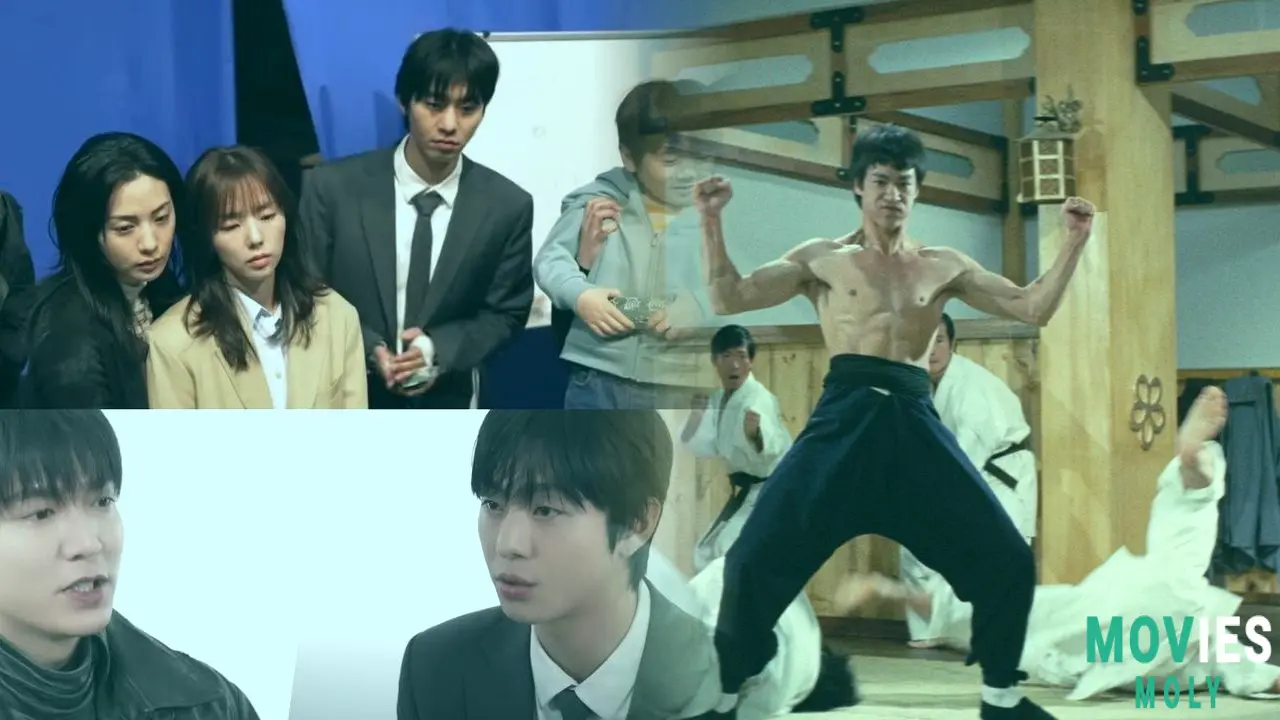
Examining How Policy and Production Changes are Shaping the Future of Film
The event also demonstrated the government's strong support for these initiatives. He Tao from the National Radio and Television Administration's research center discussed AI-related policies. He mentioned regulations for managing AI services starting in 2023. He also discussed AI-generated content labeling guidelines, which would be implemented in 2025. These guidelines are critical for assisting the media industry in making effective use of AI. It shows that China is carefully considering how AI will be employed.
He Tao stated, "AI is not a tool—it is a new infrastructure." He believes it is affecting the way screenplays are written. It is also influencing special effects, voice acting, and how films are distributed. He added that AI is already widely used in short films and smaller plays. This viewpoint demonstrates that China views AI as an essential component of the future of film creation. It is not simply an extra piece of equipment. This method could give Chinese studios a competitive advantage in terms of content production speed and cost.
A new institution in Shanghai will enable people train and experiment with artificial intelligence. Other cities with similar cores include Xi'an, Wuhan, and Xiamen. Officials also stated that national computer centers in Guizhou had undergone significant adjustments. They have reduced the time required to process visual effects from over 400 days to just 24 hours. This kind of speed allows for the creation of many more videos in a shorter period of time. It represents a significant shift for the industry.
Consider the impact of AI on classic films and the road ahead for storytelling.
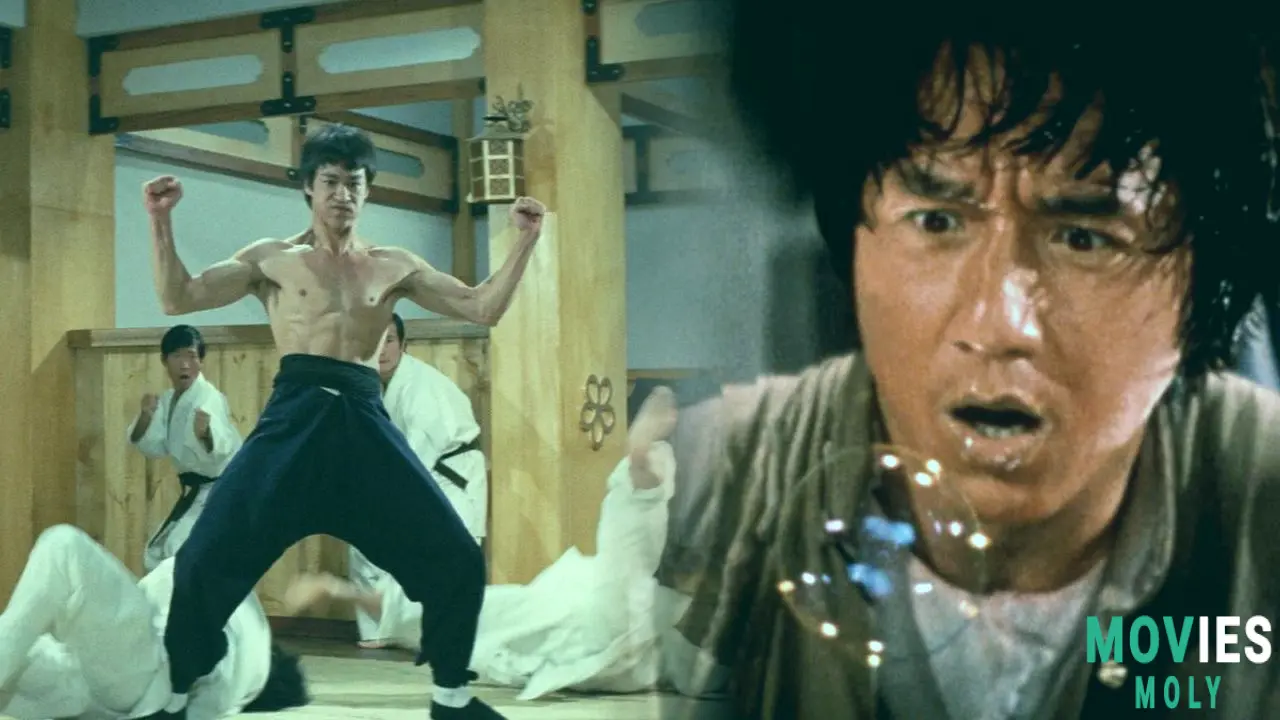
Balancing Respect for the Past with Exciting New Ways to Make Movies
The launch event concluded with people honoring industry figures. Yu Rongguang, an action star, playwright Zhang Tan, and producer Yuan Hong were rewarded for their contributions. Yuan Hong, who has spent 40 years making kung fu films, said he would devote his remaining power to this mission. Zhang Tan has stated that kung fu films are about progress, spirit, and respect. He explained: "With AI, we're not erasing the past— we're giving it a second wind." This demonstrates that the people involved see this as a means to honor the past while looking ahead.
This initiative presents some interesting questions concerning AI in artistic professions. There are constantly discussions regarding how new tools affect art. Some people are concerned about AI taking over occupations or changing the definition of human creativity. However, this endeavor in China demonstrates a great desire to deploy AI as a helper. It appears that they want it to improve on what already exists while also creating new stuff. The idea is to give beloved films a new look while preserving their heart.
The event concluded with a remarkable moment that linked China's first film, "Dingjun Mountain" from 1905, to this new AI-powered narrative era. It envisions a world in which ancient and modern technology collaborate. This is a brave step for the film industry. It'll be fascinating to see how these restored masterpieces are received. It will also be interesting to see how the world's first AI-produced animated film impacts things. The distinction between what humans make and what machines aid create appears to be blurring.

